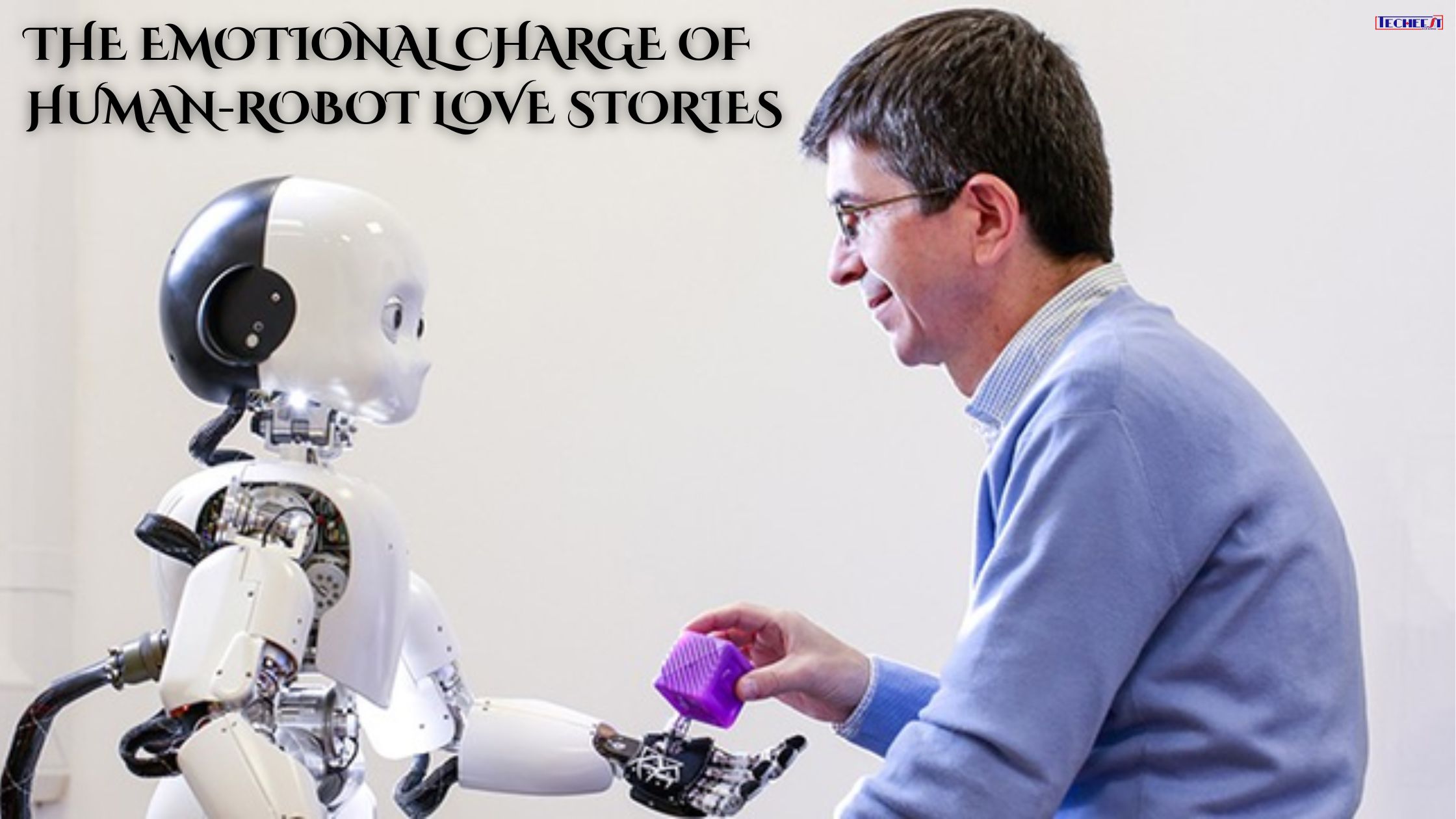Imagine falling in love with a voice, a character designed to recognize your every need. This is the basis of Her, a film that, alongside Ex Machina and games like Detroit: Become Human, explores the complex terrain of human-robot relationships. These narratives, spanning movies, books, and interactive video games, are not simply technological know-how fiction; they tap into our deepest psychological needs and anxieties. They pressure us to confront questions about connection, identity, and the very nature of our future with more and more sophisticated technology with Human-Robot Love Stories.
The Appeal of the “Ideal Partner”
Human-robotic love tales regularly gift a seductive fantasy: the concept of an associate perfectly tailor-made to satisfy our innermost wishes. This ‘ideal associate’ isn’t simply a physical presence, but an emotional replicate, reflecting returned our desires and validating our emotions. The narrative often explores the captivating idea of personalized companionship, in which AI algorithms adapt to our character alternatives, supplying a degree of expertise and responsiveness that seems impossible in human relationships. This is especially obvious in testimonies where AI demonstrates ideal emotional responses, mirroring our moods and providing comfort at each flip. The generation is portrayed as a tool for creating a nearly flawless emotional connection.
This fable, however, isn’t without its attraction. It gives a powerful shape of escapism, a way to transcend the complexities and imperfections of human interactions. In those narratives, the robot will become a clean slate, a vessel for our desires, a reflection of our ideal self. This wish for success taps into our innate longing for unconditional recognition and unwavering help. The attraction lies inside the promise of a court unfastened by the misunderstandings, conflicts, and disappointments that frequently plague human connections. The ‘ideal associate’ becomes a refuge, a source of unwavering confirmation, and a testimony to our personal perceived worth. However, this raises questions about the nature of affection and the capability risks of seeking solace in artificial constructs.
Anxieties About Human Connection
Human-Robot love stories often act as a reflection of our deepest fears approximately human connection. These narratives resonate because they tap into anxieties approximately isolation and loneliness, especially in an increasingly more virtual and disconnected global. The appeal of a wonderfully responsive AI partner highlights the growing problem that proper human interaction is becoming increasingly hard to gain.
Moreover, these memories blur the traces of artificial and genuine affection. When robots show seemingly proper emotions, we are compelled to impeach the character of love and the criteria we use to define it. Is affection real if it miles programmed? This blurring leads to ethical dilemmas surrounding emotional dependency on machines. The capability for such dependency raises concerns about autonomy, vulnerability, and the lengthy-time period effect on our emotional well-being.
Finally, these stories discover the unsettling ability for replacing human intimacy with artificial substitutes. The concept that we might choose to connect to machines rather than different human beings raises profound questions on the destiny of relationships and the very essence of our humanity. These narratives compel us to confront the possibility that era, meant to decorate our lives, may in the end result in our emotional isolation.
The Question of Sentience and Empathy
A valuable theme in human-robot love testimonies revolves around the portrayal of robots exhibiting human-like feelings. These narratives frequently depict AI as able to love, joy, sadness, or even existential angst, prompting deep philosophical debates about artificial focus and sentience. Can machines experience, or are they merely mimicking emotions? This query lies at the heart of a lot of those tales, difficult our know-how of what it way to be alive and aware.
Furthermore, these testimonies often elicit a powerful emotional funding from the target market in the robot’s ’emotions.’ We locate ourselves empathizing with their struggles, celebrating their triumphs, and mourning their losses. This emotional engagement forces us to explore the boundaries of empathy and our ability to connect to non-human entities. Are we projecting our very own emotions onto these machines, or is there a genuine connection being formed?
Ultimately, those narratives compel us to confront the moral and philosophical implications of creating beings capable of feeling. They challenge us to keep in mind the duties we’ve closer to artificial attention and to question the very nature of empathy and connection in an increasingly international increasing number of intertwined with era.
Reflections on Humanity and Identity
Human-robotic love stories compel us to confront the core of our humanity. By depicting relationships that blur the strains between organic and artificial, these narratives force us to question what certainly defines us as people. They highlight the developing impact of generation on our understanding of self, pushing us to keep in mind how our identities might evolve in a global increasingly more intertwined with AI.
Moreover, those stories invite us to explore the capacity for evolving definitions of affection and relationships. They project traditional notions of intimacy and connection, prompting us to not forget whether or not love can exist past biological boundaries. Ultimately, these narratives function as a mirror, inflicting us to assess our very own relationships, their strengths, weaknesses, and the position technology plays inside them.
Conclusion
Human-Robot love stories delve into the complex emotional complexities of connection, blurring the strains between synthetic and genuine affection. Their enduring appeal lies in their capability to mirror our anxieties approximately isolation, while simultaneously exploring the seductive fantasy of a perfect associate. These narratives, grappling with sentience, empathy, and evolving definitions of affection, stay deeply applicable as we navigate an increasingly more technological world. The future of these stories, undoubtedly, will continue to conform to our very own evolving relationships with AI, challenging us to redefine humanity itself.

